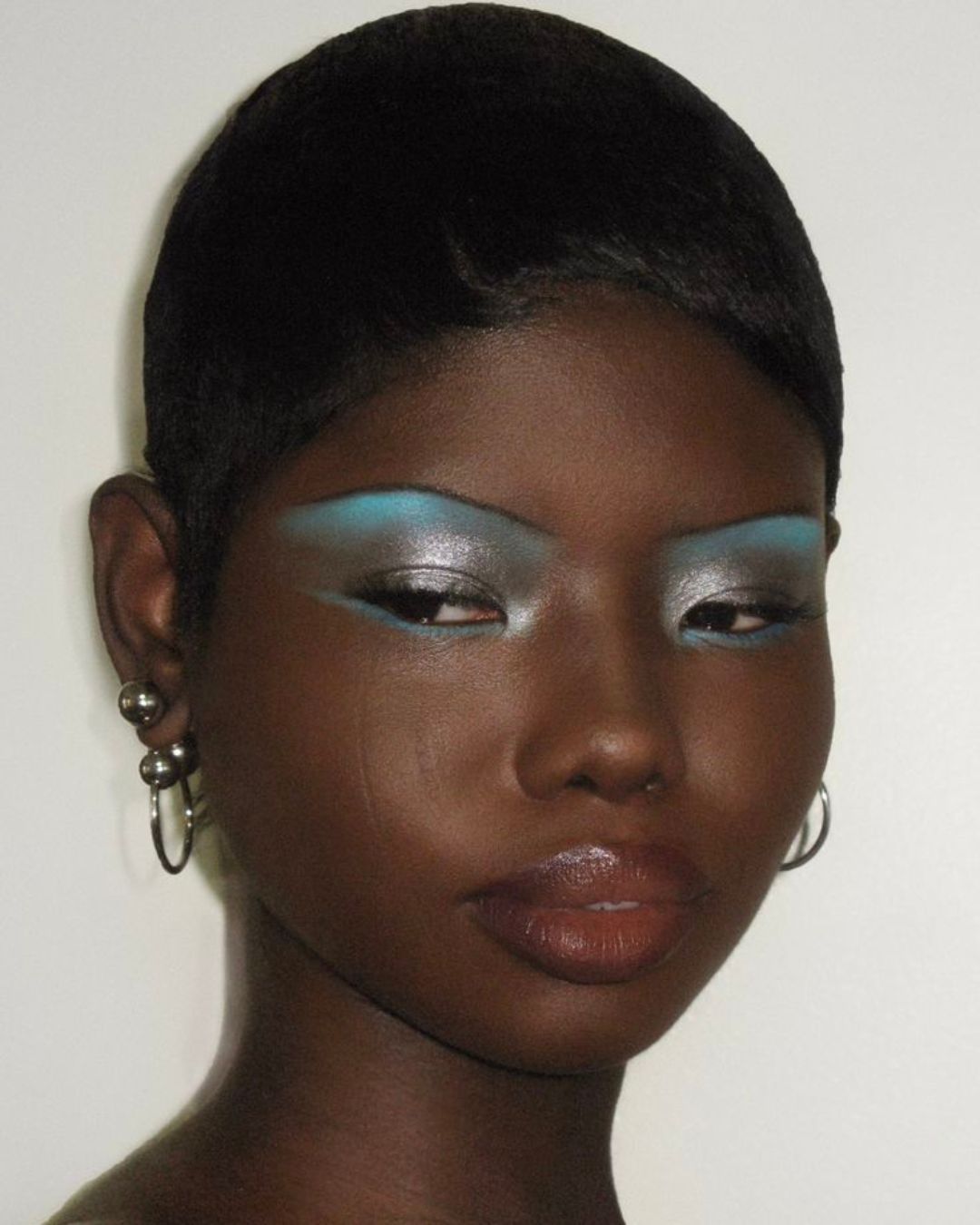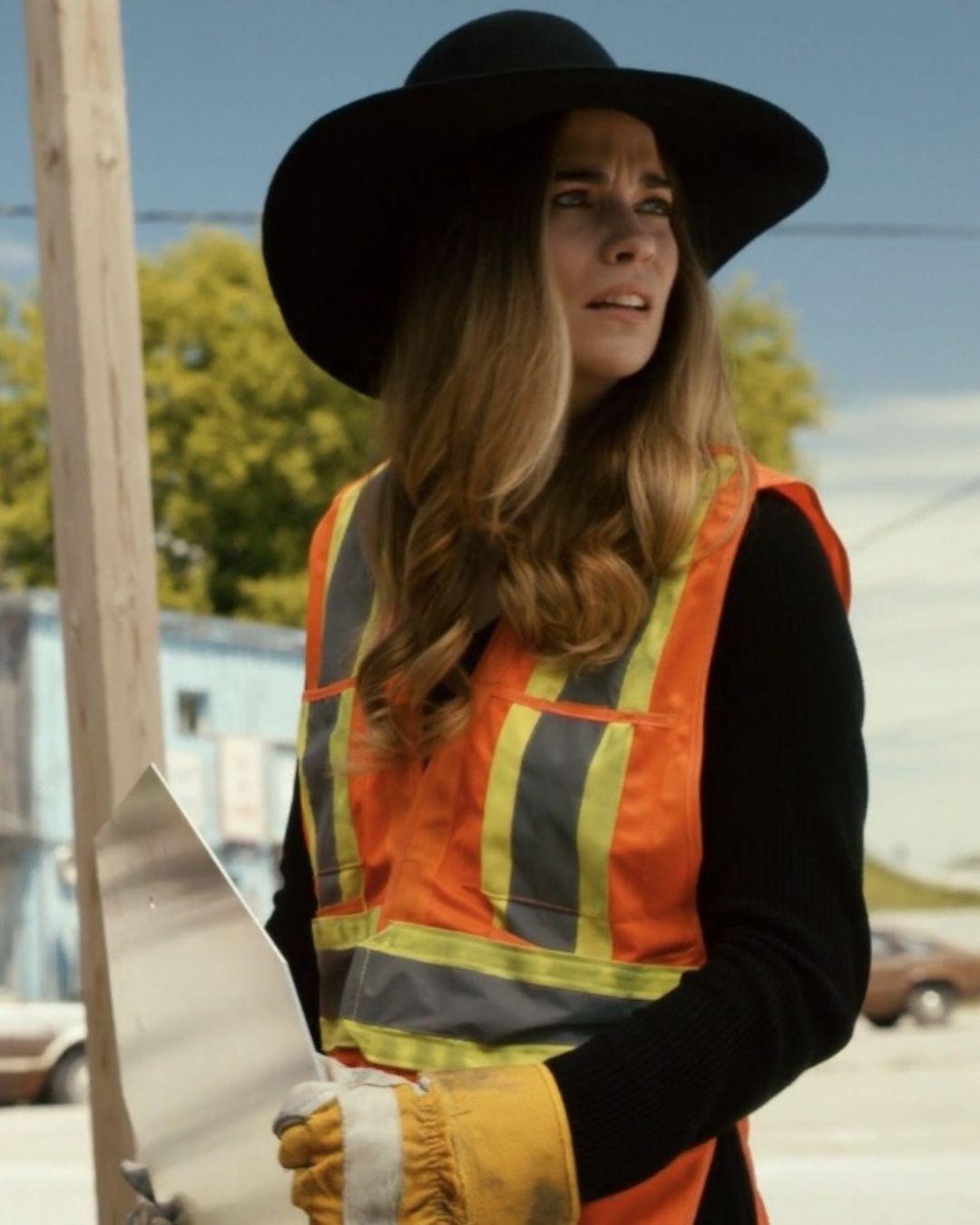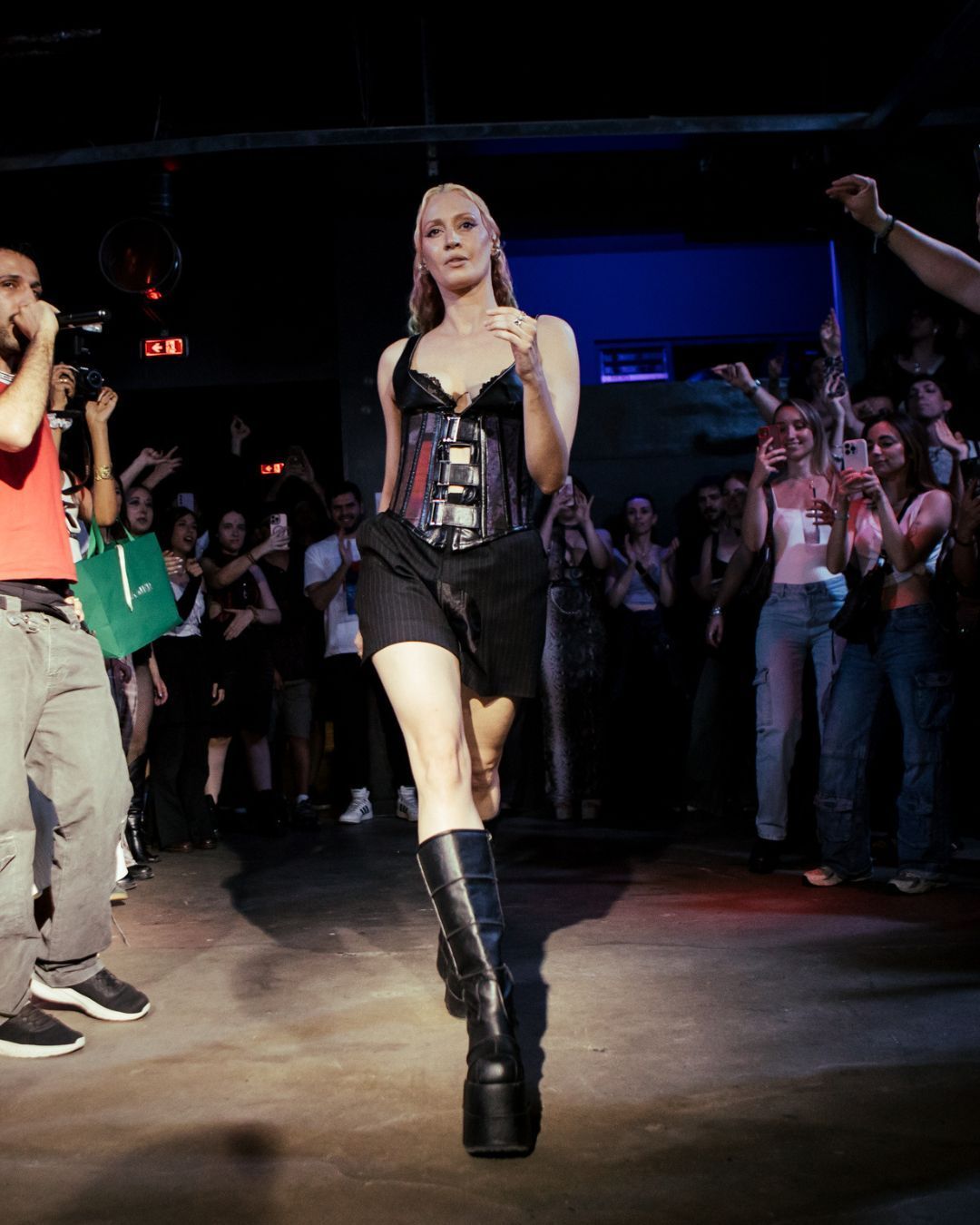
How does one behave at a concert in 2024? Between exaggerations and accidents, Gen Z seems to have forgotten the sense of moderation
Last summer, it seemed to become a craze, a negative trend, a bad habit to throw things on stage at concerts, aiming directly at the artist. It happened to Bebe Rexha, Harry Styles, Billie Eilish. It happened to Pink, who received an entire wheel of cheese and the ashes of a person's mother from the audience, leaving her understandably perplexed and unsure of how to react. There have been numerous calls to stop this behavior. Stop throwing things on stage! It's a fundamental principle of civil behavior. Yet, it seems that some concert etiquette and behavior rules have been lost, replaced by new ones.
How long it lasts and what to bring to a concert: general rules
Based on some common-sense considerations, we can confidently say that it's a good idea to arrive at the concert venue on time or early (how many hours in advance is up to us; younger fans have devised systems to create lines up to 12 hours before, complete with numbering and breaks for restroom visits, as we saw with Harry Styles at Campovolo). We also recommend checking the rules on the ticket and the venue's website, as there might be slight variations that could force us to discard something we care about at the entrance or simply slow down the line. Can you bring drinks? What about cameras and smartphone chargers? What size should bags, fanny packs, or shoulder bags be? Is there food available once inside, or is it better to eat beforehand? Let's come prepared. If the ticket needs to be printed, do it; if a QR code needs to be downloaded, do that too. Throwing things on stage is always discouraged. If the venue allows it, it might make sense to bring food; if it's outdoors in summer, it's best to bring sunscreen and a hat. The duration depends on the artist or band: some concerts last just over an hour, others can last two hours. Clothing depends on the weather and the type of concert, but in general, it's sensible to dress comfortably, allowing free movement. For those who want to go all out, some say wearing band merch is a bit nerdy, while younger fans often create outfits specifically for the occasion, inspired by a song or lyric. Just think of the looks for Taylor Swift's Eras Tour.
Do social networks exaggerate?
Additional, somewhat less strict rules have emerged. Some say you shouldn't keep your phone up the whole time to avoid ruining the experience for those around you (and yourself). Some say the entrance line should be respected to the millimeter, with no cutting or pushing. There are also those—especially on social networks—who would prefer everyone to stay silent and avoid too much dancing or yelling, so that the videos turn out well and the artist or band can be heard clearly. These rules might seem a bit excessive, reminding us not only of the pandemic we've lived through but also of the fact that we're increasingly unaccustomed to being in crowded places. On the other hand, many concertgoers respond: what's the point if we can't sing, yell, and dance?
@rawcritix Proper Concert Etiquette (my version) shoutout to original post: @Andrea Streicher original sound - Raw Critix
So, how should we regulate ourselves? Concert etiquette in 2024
The issue is subjective. What is a concert to us? A cathartic occasion to release energy? An almost sacred encounter with our idol? Something we want to experience and also document to remember and share on social media? Concerts are varied and diverse. There's a world of difference, for example, between a Taylor Swift concert, a Metallica concert, and a small band playing in a pub basement. There's also a difference in positioning. Are we in front of the stage or in the stands? In short, there's no single answer. The only thing we can say is that it is important, even fundamental, to respect our neighbors and the artist, and that sometimes it may be necessary to compromise and tolerate some small behavior that goes against our idea of what it means to be at a concert, for an experience that is as enjoyable and pleasant as possible without major complaints. Let the concert season begin!

























































